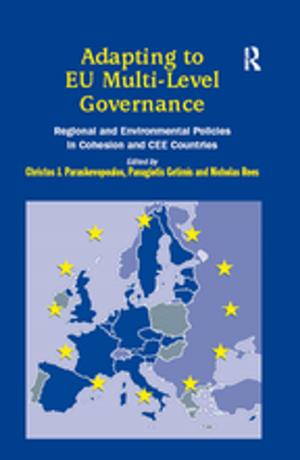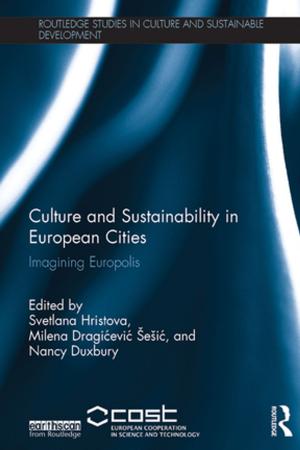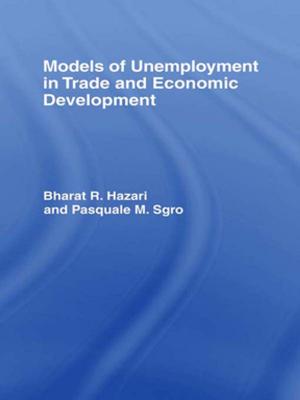Knowledge & Power in the Global Economy
The Effects of School Reform in a Neoliberal/Neoconservative Age
Nonfiction, Reference & Language, Education & Teaching| Author: | ISBN: | 9781351561303 | |
| Publisher: | Taylor and Francis | Publication: | July 5, 2017 |
| Imprint: | Routledge | Language: | English |
| Author: | |
| ISBN: | 9781351561303 |
| Publisher: | Taylor and Francis |
| Publication: | July 5, 2017 |
| Imprint: | Routledge |
| Language: | English |
Advancing a three-fold political agenda, this volume: * illuminates how the meanings assigned to a whole vocabulary of words and phrases frequently used to discuss the role and reform of U.S. public schools reflect an essentially economic view of the world; * contends that education or educational reform conducted under an economized worldview will only intensify the effects of the colonial relations of political and economic domination that it breeds at home and abroad; and * offers a set of alternative concepts and meanings for reformulating the role of U.S. public schools and for considering the implications of such a reformulation more generally for the underlying premises of all human relationships and activities. Toward these ends, the authors, in Part I, critically examine many of the most commonly used terms within the rhetoric of educational reform since the early 1980s and before. Part II links today's economized worldview to curricular and instructional issues. These essays are especially important for comprehending how the organization of school curriculum privileges those disciplines deemed most central to market expansion--math and science--and how the political centrality of the economic sphere influences the nature of the knowledge presented in specific content areas. Given that language constrains as well as advances human thought, the twin tasks of de-economizing education and decolonizing society will require a vocabulary that transcends the familiar terminologies addressed in Parts I and II. The entries in Part III cultivate the beginnings of such a vocabulary as the authors elucidate innovative concepts which they view as central to the creation of truly alternative educational visions and practices.
Advancing a three-fold political agenda, this volume: * illuminates how the meanings assigned to a whole vocabulary of words and phrases frequently used to discuss the role and reform of U.S. public schools reflect an essentially economic view of the world; * contends that education or educational reform conducted under an economized worldview will only intensify the effects of the colonial relations of political and economic domination that it breeds at home and abroad; and * offers a set of alternative concepts and meanings for reformulating the role of U.S. public schools and for considering the implications of such a reformulation more generally for the underlying premises of all human relationships and activities. Toward these ends, the authors, in Part I, critically examine many of the most commonly used terms within the rhetoric of educational reform since the early 1980s and before. Part II links today's economized worldview to curricular and instructional issues. These essays are especially important for comprehending how the organization of school curriculum privileges those disciplines deemed most central to market expansion--math and science--and how the political centrality of the economic sphere influences the nature of the knowledge presented in specific content areas. Given that language constrains as well as advances human thought, the twin tasks of de-economizing education and decolonizing society will require a vocabulary that transcends the familiar terminologies addressed in Parts I and II. The entries in Part III cultivate the beginnings of such a vocabulary as the authors elucidate innovative concepts which they view as central to the creation of truly alternative educational visions and practices.















